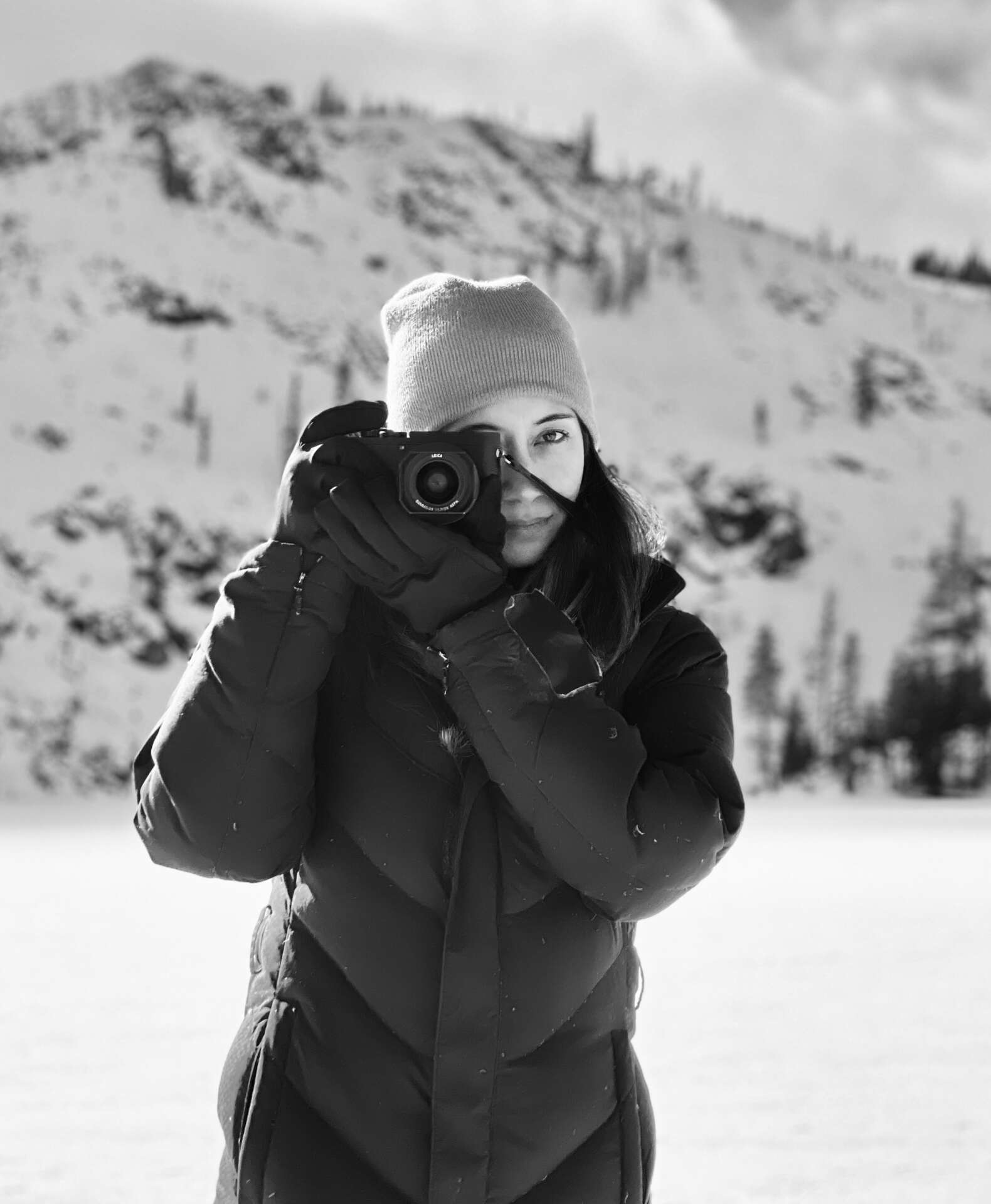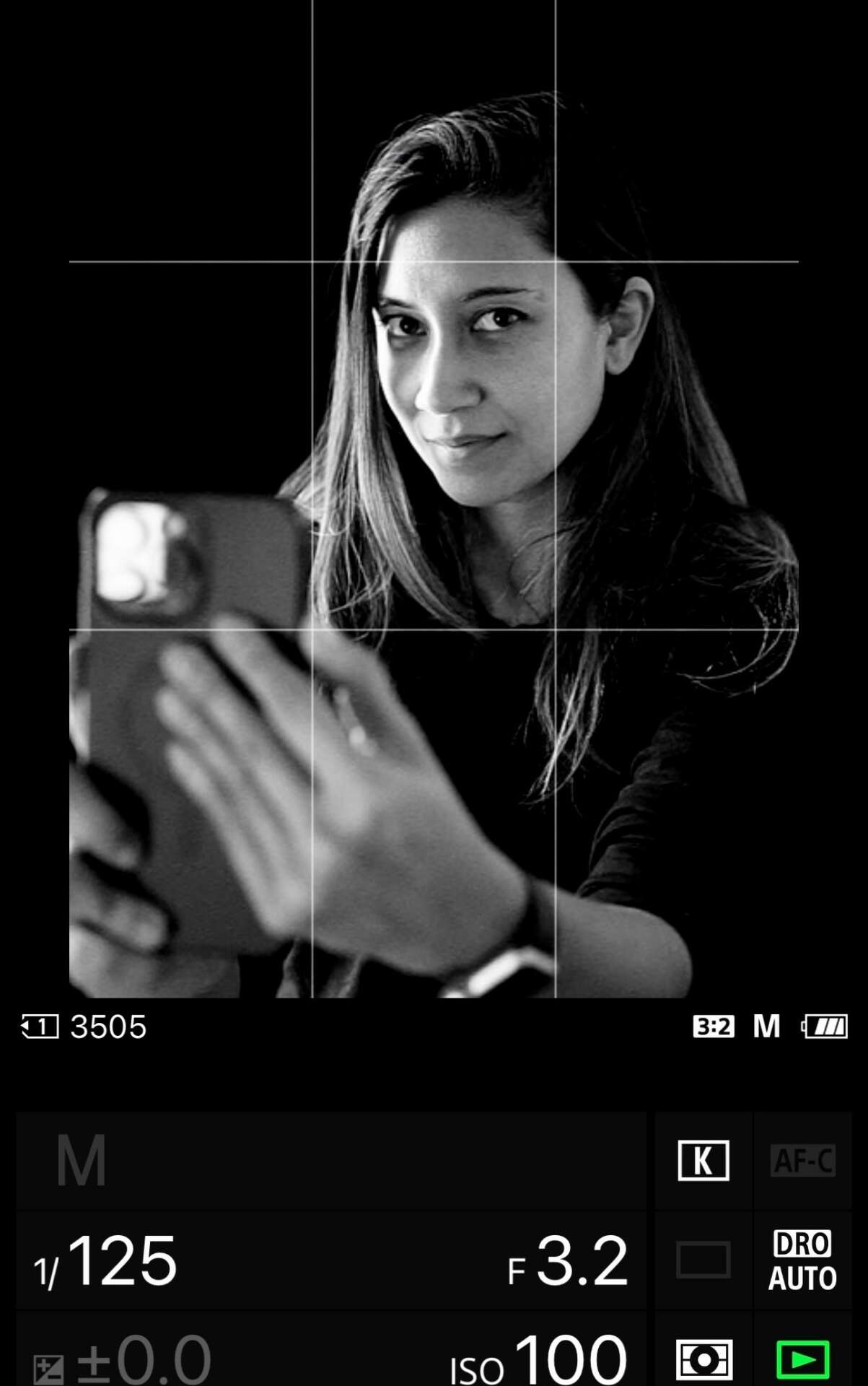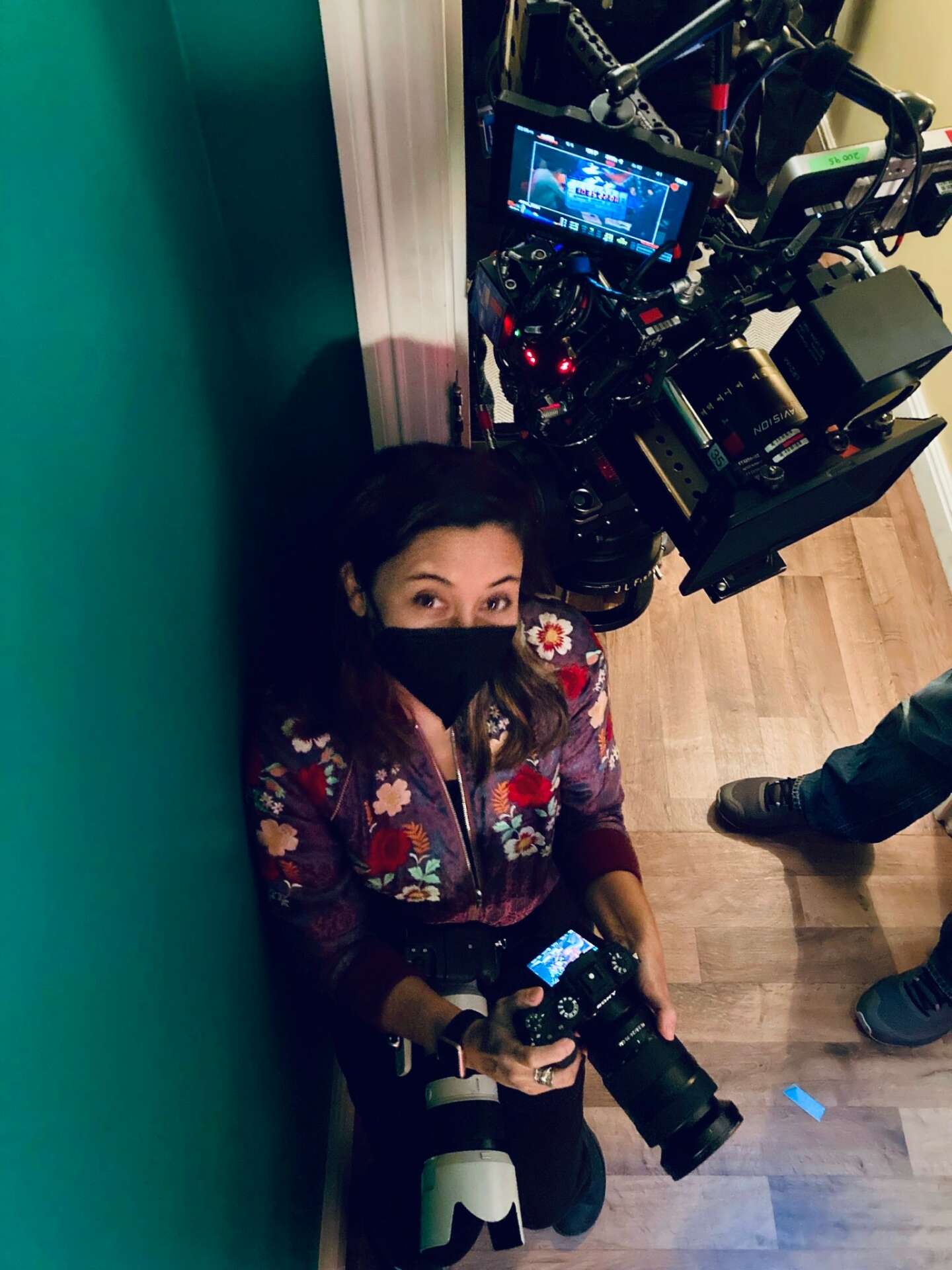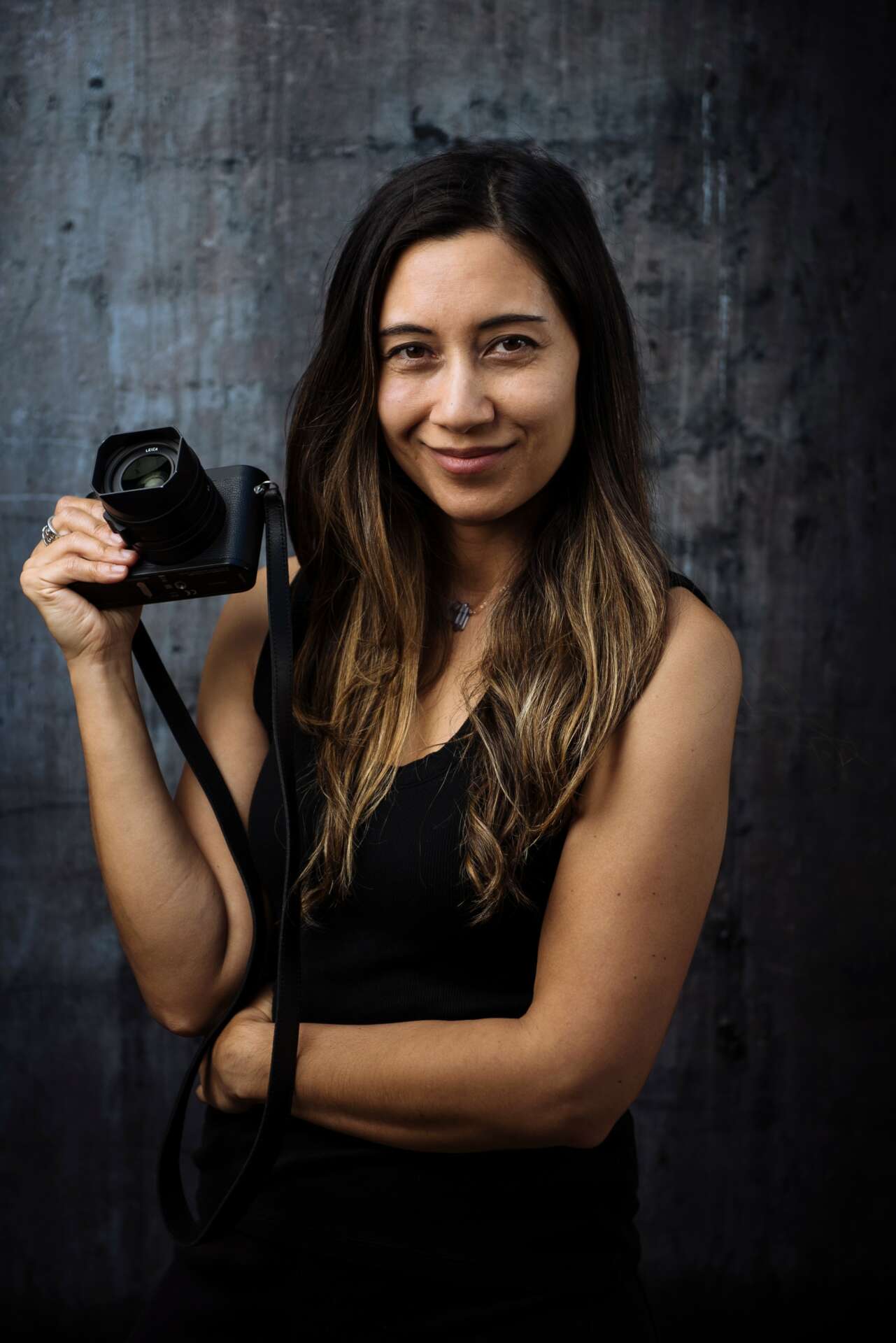We were lucky to catch up with Lara Solanki recently and have shared our conversation below.
Alright, Lara thanks for taking the time to share your stories and insights with us today. The first dollar you earn is always exciting – it’s like the start of a new chapter and so we’d love to hear about the first time you sold or generated revenue from your creative work?
I often tell the story of how I got started as an on set Unit Photographer for Film and Television but it wasn’t until my fourth or fifth film set that I was approached with the question of “how much do you charge?”. The first couple of sets I worked on were student films so there was an understanding and agreement that I was on board purely to gain experience. I was on a student film when I met another student filmmaker who clearly believed that she didn’t want me working for her for free. She asked me how much I charged and if I would come shoot on her set. Of course I agreed and that was the end of my work for free experience.


Lara, love having you share your insights with us. Before we ask you more questions, maybe you can take a moment to introduce yourself to our readers who might have missed our earlier conversations?
I’m a Unit Photographer for Film and Television. I take photos on set during the filmmaking process and the images are used for publicity purposes by the studio or network. The job itself utilizes photojournalism skills as well as portraiture, product photographer, and leadership skills. Shooting Unit on set is an autonomous position because you don’t get a team or an assistant or a boss on set telling you what to do. I communicate with a Photo Producer from a network or studio but at the end of the day, I’m given directives and I have to go out and deliver usable assets on my own. Being a Unit Photographer also requires you to be a team player because there’s so many positions on set that you have to work alongside from the camera team, the Assistant Director, Sound, Art Department, Grip and Electric, and many more. I think every Unit Photographer should have the basic qualities of professionalism and good photography skills but what makes me stand out is my ability to remain calm when the atmosphere on set gets stressful. The most common compliment I receive from my fellow crew members is my ability to stay out of the way and in turn they end up going out of their way to make space for me. Communication is also key when certain conditions prevent me from doing my job. I’m most proud of my overall journey from realizing that shooting on set is what I want to do to turning it into my full time career.


How can we best help foster a strong, supportive environment for artists and creatives?
Artificial Intelligence is one of the main issues within the creative field right now. I think the use of AI needs strict regulation when it comes to replicating an actual person (dead or alive) as well as work (visual, text, sound, etc) that’s already been created by a person- especially if someone else will be benefitting from it. I think AI has a place in the world to really help communities and help solve problems but I think AI should be utilized as a tool and not as a replacement for a human’s ability to create. I think society can best support creative careers through awareness on what we want to accomplish as a human race. Do we let corporations decide how we live our lives by allowing them to replace everything with AI because that makes products cheaper? Or do we educate people to become decision makers who will help create a future that is equitable and sustainable?
Do you think there is something that non-creatives might struggle to understand about your journey as a creative? Maybe you can shed some light?
The hardest part for non-creatives and creatives who are just starting out is to understand the concept of being okay with the unknown. You don’t know when and where you next job will come from. You don’t know how much to charge and what you’re worth. You don’t know a lot of things. Some people have success in a creative field that’s conducted in a very conventional way- they interview, get hired and are put on a salary. It’s the freelance life that can be extremely difficult. There’s no one specific road to take, sometimes you need to experiment by taking different directions, and you truly have to allow your passion to carry you through at difficult times. Self-reflection on who you are and what you want is very important. I now have a two year old daughter but I knew very early on in my life that I wanted a career first. I knew that to make a living as a photographer and to attain my vision of what it means to be successful, I couldn’t do it if I chose a family first. It’s a hard truth for many people but family and careers are very difficult to do well at the same time especially for females. I think society is making progress to make it easier to have both but part of that self-reflection is to decide which is more important- a career or family and which one are you willing to put on hold in order to attain the other.
Contact Info:
- Website: www.thestillsninja.com
- Instagram: @larasolanki
- Linkedin: www.linkedin.com/in/lara-solanki-996a8bb
Image Credits
Profile photo by Rollence Patugan. All others provided by Lara Solanki


